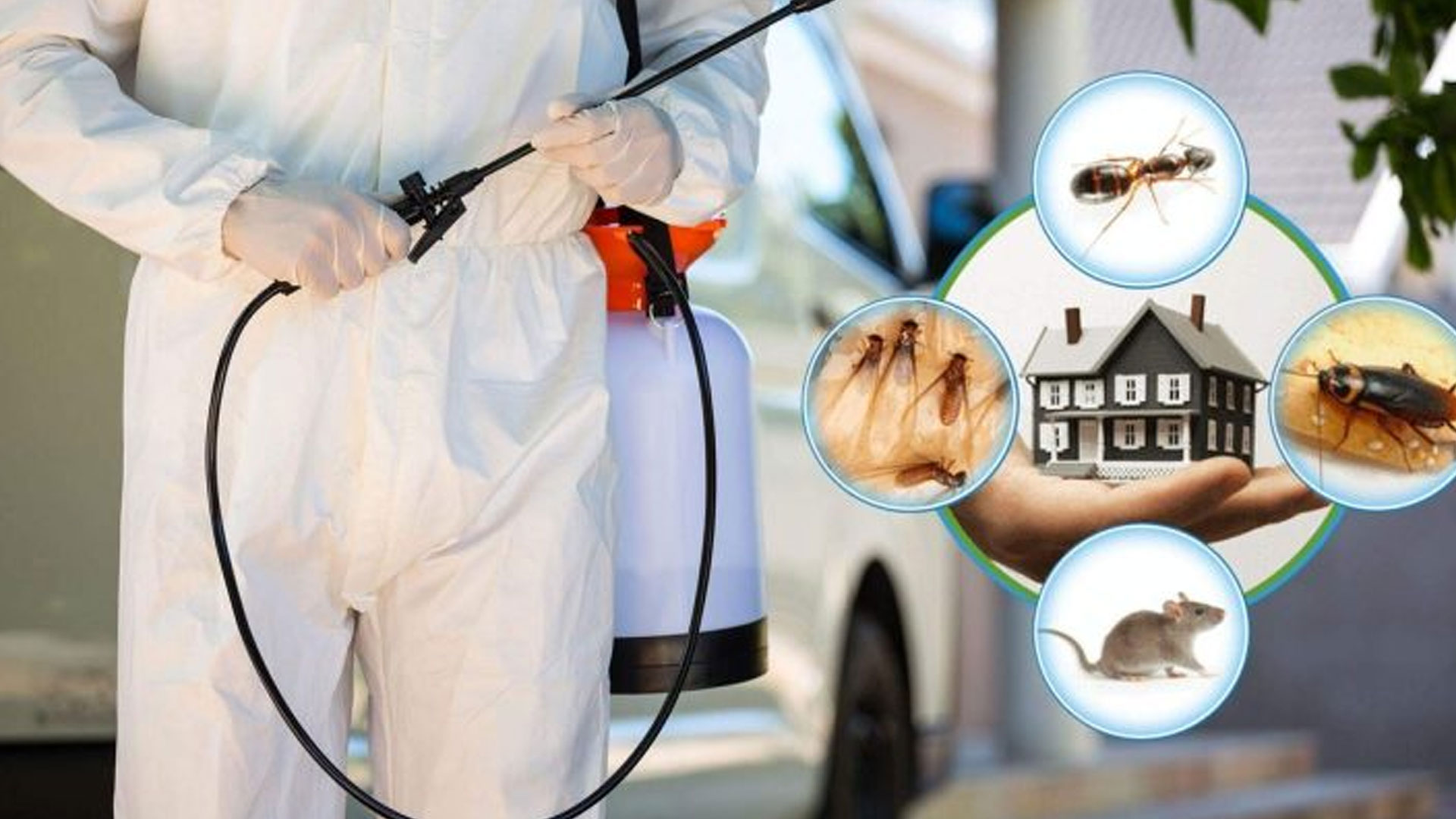Animal Pest Animals: How to Exist Without Disputes
Living in balance with animals is a common goal for numerous homeowners, yet the arrival of certain pests can lead to issues that disturb our daily lives. From bugs moving through the kitchen to rodents seeking shelter during frigid months, comprehending how to coexist peacefully without issues is essential. With a forward-thinking approach, you can discover to manage these uninvited visitors while minimizing harm to both your property and the surroundings.
This resource will examine successful strategies for insect control, covering everything from typical domestic pests and effective eradication techniques to the necessity of qualified pest inspections. We will investigate cyclical pest challenges, providing you with seasonal prevention tips that keep your residence safe and comfortable for both inhabitants and visitors alike. Whether you're contending with pests in the spring or rodents in the winter, our comprehensive insights will aid you create an space beneficial to peaceful coexistence with the wildlife around us.
Comprehending Common Household Pests
Domestic pests appear in a variety of forms and can be a problem for homeowners. Included among the most common pests are ants, roaches, bed bugs, and rodents. These little workers are often found foraging for nourishment and can quickly invade cooking spaces and pantries. These critters are known carriers of disease and thrive in heat and moisture environments, making them a significant health concern. These pests, though small, can cause significant discomfort and distress due to their bites, while rodents can damage homes and contaminate food.

Spotting these pests is the initial step toward successful control. Look for signs such as feces, discarded wings, or the presence of nests. Every pest has distinct habits and habitats that can provide clues to their existence. For instance, little rodents tend to create nests in dark, secluded areas, while termites may leave behind tunnels or swarming wings. Comprehending these behaviors can help in both prevention and elimination efforts.
Once recognized, it's crucial to know the optimal methods for dealing with these pests. While do-it-yourself solutions exist, professional pest control companies are often more effective, especially for more significant infestations. Knowing what invites these pests can also aid in prevention; for example, keeping food sealed and minimizing moisture can discourage many frequent household pests. By understanding the nature of these pests, homeowners can take proactive steps to protect their habitats.
Efficient Pest Control Strategies
To successfully handle pests and maintain a healthy living space environment, comprehending how to recognize and eliminate common pests is essential. Many homeowners may attempt DIY pest control approaches, but these frequently are ineffective due to a deficiency of comprehensive knowledge about pest behavior and life cycles. Rather than relying exclusively on commercial solutions, think about consulting professionals who can deliver personalized advice and treatment plans. Routine inspections can help catch potential infestations early, guaranteeing a forward-thinking approach to pest management.
In addition to professional help, incorporating preventative measures is crucial for long-term pest control success. This includes sealing entry points, upholding proper sanitation, and storing food in inaccessible containers. Periodic strategies can also be helpful. For instance, spring preparation for pests like termites and mosquitoes can protect homeowners from more significant issues in the warmer months. Building these practices minimizes the likelihood of infestations occurring in the first place.
Utilizing environmentally safe and non-toxic pest control systems is another effective strategy that benefits both the home and the environment. Natural treatments not only safeguard your family and pets but also minimize harm to helpful insects and the surrounding ecosystem. There are many approaches available, ranging from essential oils to diatomaceous earth, which can function as alternatives to chemical pesticides. By visit here , homeowners can realize a equitable approach to pest control that emphasizes coexistence while keeping their environments comfortable and safe.
Seasonal Pest Control Guidelines
Springtime brings a increase in pest activity levels as heat increase and plants start to bloom. To avoid typical spring pests, such as ant infestations and mosquitoes, ensure that your yard is free of standing water and rubbish, which serve as breeding grounds. Inspect your home for cracks and openings and seal them to keep pests from getting in. Regularly checking vegetation for indications of pest problems can also assist catch problems early.
As summer nears, focus on maintaining a pest-free environment outdoors and indoors. Keep food stored securely and remove spills immediately to deter insects like flies and cockroaches. Consider using organic pest control solutions, such as natural oils, which can be effective against mosquitoes and other summer pests. Additionally, watch your plants for any indications of pest harm and use eco-friendly pest control measures to safeguard your plants without harmful chemicals.
With the arrival of fall, pests like mice seek refuge from the chilly temperatures. Take proactive measures to secure your home, such as keeping firewood away from the house and keeping gutters clean to prevent water accumulation. It’s essential to plan routine inspections and upkeep to identify areas where pests might enter and to use preventative treatments as needed. This way, you can appreciate the changing seasons without the concern of pest invasions.